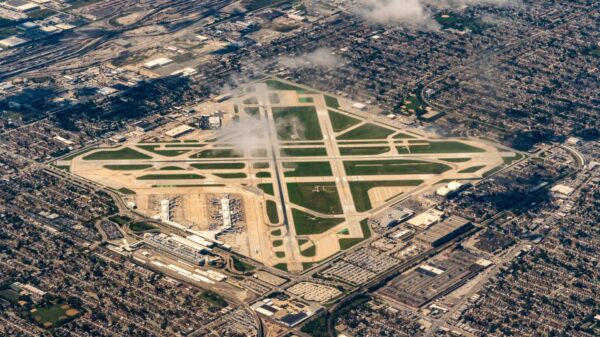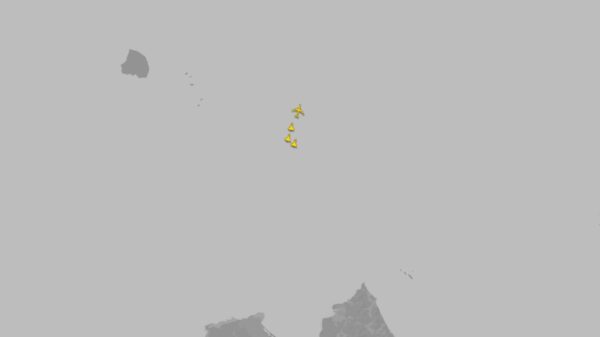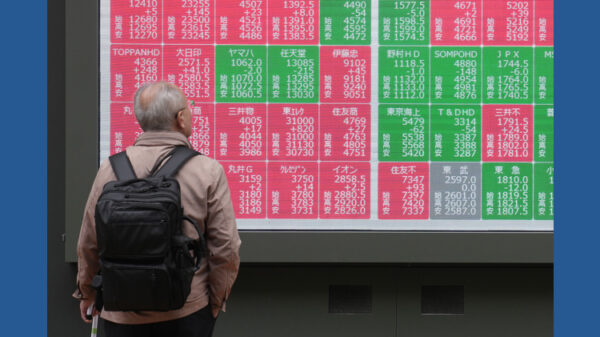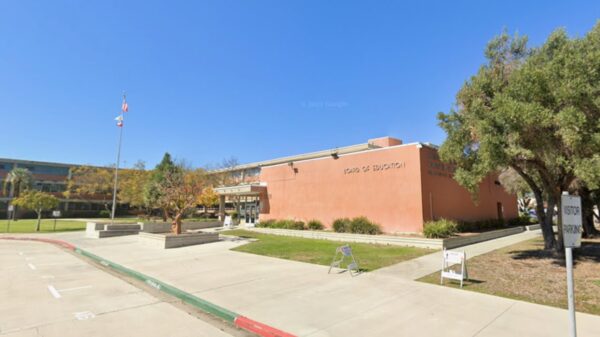A recent report by the World Wildlife Fund (WWF) indicates that coffee consumption in Sweden now has a greater impact on deforestation in the Amazon than beef. This finding highlights the complex interplay between local consumption habits and global environmental challenges. The study, which includes contributions from Chalmers University of Technology, offers an unprecedented examination of the factors driving deforestation in this vital rainforest region.
The report details how the demand for coffee has surged, resulting in extensive environmental consequences. Deforestation in the Amazon is linked to various agricultural practices, with coffee emerging as a significant contributor. This shift underscores the need for a comprehensive understanding of agricultural impacts on global ecosystems.
Experts have long recognized the role of beef in deforestation; however, the new findings place coffee consumption at the forefront of environmental concerns. The report reveals that coffee plantations require substantial land, leading to the clearing of forested areas. In recent years, the rising popularity of coffee, especially in affluent markets like Sweden, has intensified these impacts.
Understanding the Broader Implications
The findings challenge prevailing assumptions about consumer behavior and its environmental footprint. The report illustrates how Swedish coffee habits, while seemingly benign, have far-reaching consequences for the Amazon rainforest. As Sweden’s coffee consumption rises, the pressure on land resources in the Amazon also increases, prompting urgent discussions about sustainable practices.
Information from the WWF indicates that, as of 2023, approximately 1.5 million hectares of rainforest have been lost due to agricultural expansion, with coffee production playing an increasingly significant role. This data raises alarms about the sustainability of current agricultural practices and calls for immediate action from consumers, businesses, and policymakers alike.
Efforts to mitigate these impacts are already underway. Various stakeholders are advocating for more sustainable coffee production methods, aiming to reduce the environmental footprint associated with its cultivation. These initiatives involve promoting agroforestry, which integrates coffee plants into forest ecosystems, thereby preserving biodiversity while still meeting consumer demand.
Looking Forward: A Call for Responsible Consumption
The WWF’s report serves as a crucial reminder of the interconnectedness of global trade and local environmental health. As coffee continues to gain popularity, it is imperative for consumers to be aware of the consequences of their choices. Increased transparency in the supply chain and a shift towards sustainably sourced coffee can significantly alter the trajectory of deforestation in the Amazon.
The findings from Chalmers University and WWF emphasize the importance of collective responsibility in addressing environmental challenges. By making informed choices, consumers can help ensure that their coffee habits do not come at the expense of one of the world’s most vital ecosystems.
As the conversation around sustainable consumption grows, it becomes clear that every choice matters. The challenge lies in balancing enjoyment of products like coffee with the urgent need to protect our planet’s irreplaceable natural resources.







































































